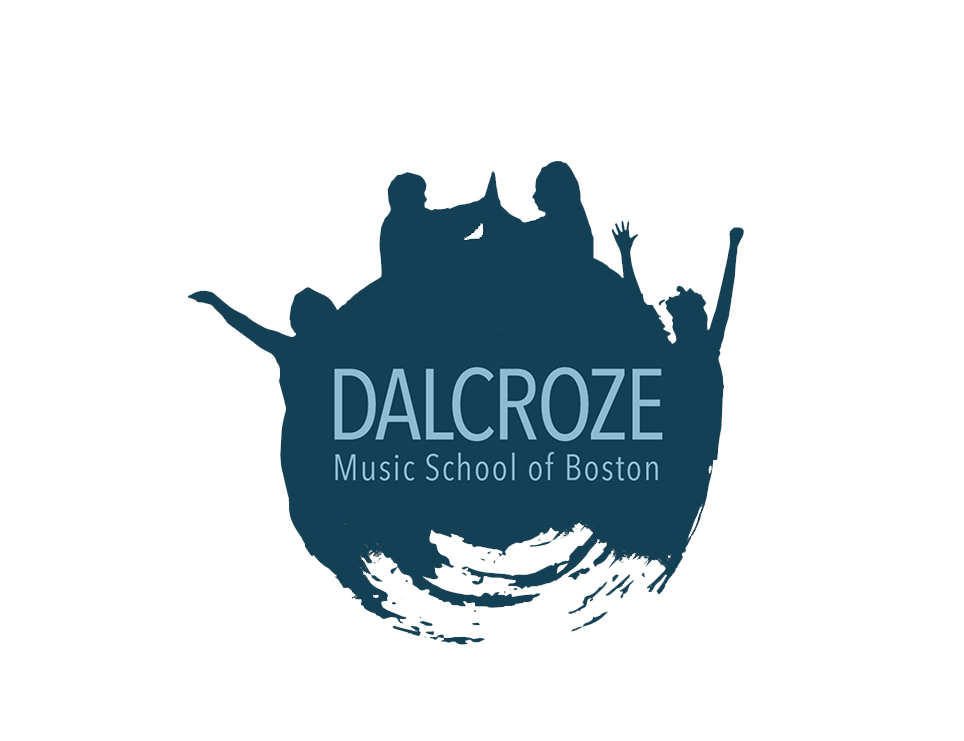Origins of Dalcroze Education
"We do not only listen to music with our ears, it resonates in our whole body, in the brain and the heart."
— Emile Jaques-Dalcroze, Notes Bariolées
The story of Dalcroze Education starts in Algeria, in the 1880s. As globe-trotting travelers know, the greatest culture shock often happens when we come back from afar and suddenly see our old home in a new way. This is what happened when Austrian pianist, composer and educator Émile Jaques-Dalcroze returned to Vienna from Algeria, where he’d wrapped up a stint as assistant conductor of a theatre orchestra in Algiers. Now he had attained an enviable post at the renowned Vienna Conservatory where the students were reputed to be the crème de la crème of European classical music. And indeed, when they played, the notes were correct. Their performance was technically impressive. But their rhythms lacked vitality. Their phrasing was blockish and stilted. The students could not hear the harmonies they wrote. For all the technical and intellectual abilities of this ‘musical elite’, the music was often just not there.
Musician with hennaed drum (tbal), Algeria,
1880s. Photograph by William Vaughn Tupper
How is it, Dalcroze wondered, that the Algerian musicians he’d met expressed complex rhythms and irregular meters with such life, such flow and nuance? And not just the urban orchestra professionals, but also traditional Berber performers who had never set foot in a formal conservatory, and did not even use conventional notation? What training did they have that their Viennese counterparts lacked?
What is music, if it’s much more than just black dots on a page and finger techniques, and how does one teach musicality?
Such questions sparked Émile Jaques-Dalcroze’s invention of “a musical education where the body will play the role of intermediary between sounds and our thoughts, and would become the direct instrument of our feelings." At first geared for advanced conservatory students, Dalcroze later developed his principles of rhythmic movement, ear training and improvisation for children and adult beginners.
Dalcroze began noticing unintended effects of his methods: increased concentration; heightened leadership and communication skills; bolstered confidence; greater self-trust. He realized part of his mission was not just to teach music but to teach vital life skills through music.
In keeping with Dalcroze’s vision and with the school’s devotion to music education as a tool for teaching leadership, the Dalcroze Music School of Boston is committed to an education in — and through — music.


